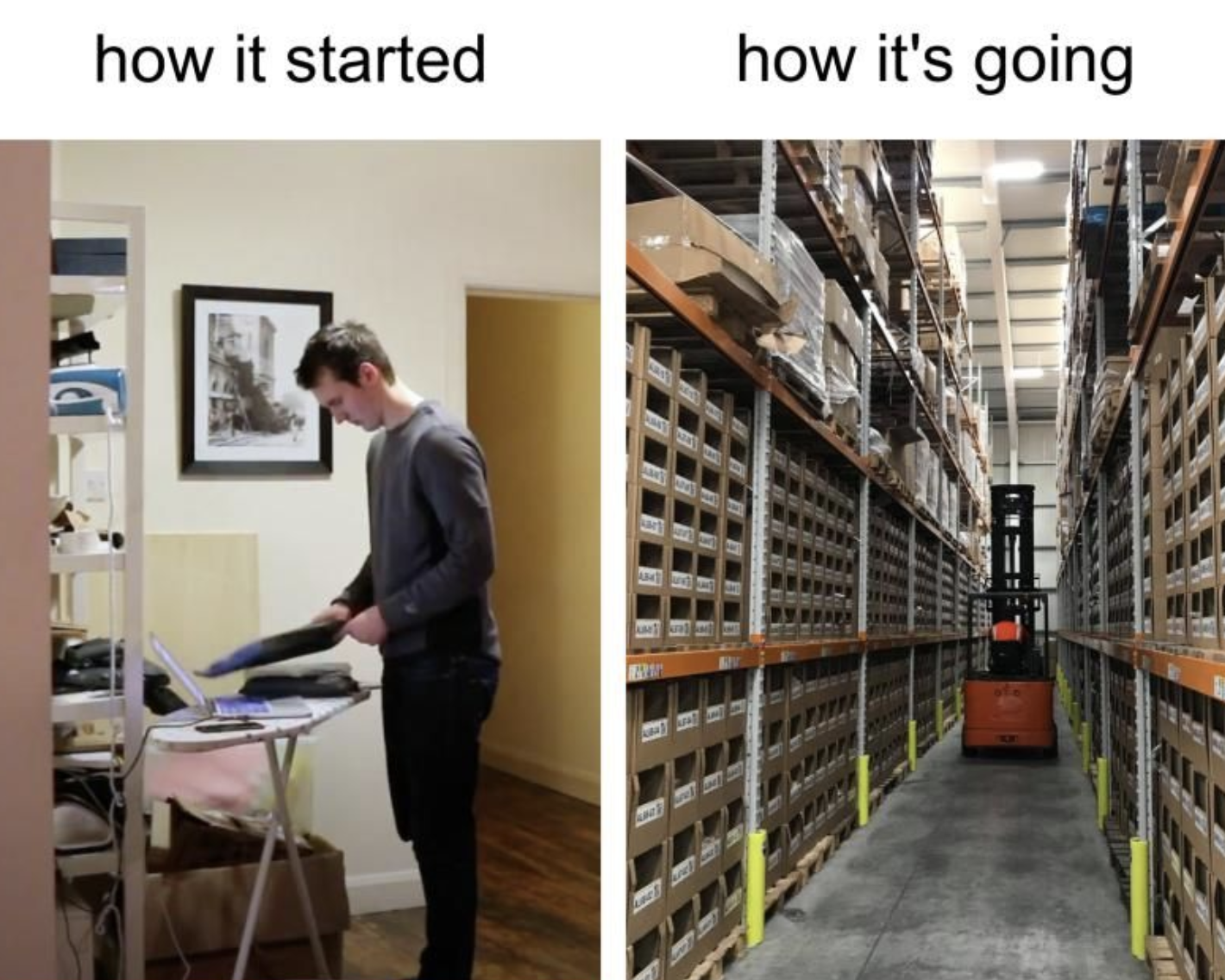What Big Brands Can Learn from Small Sustainable Businesses
In today's evolving marketplace, sustainability is no longer a niche concern—it’s a business imperative. While large corporations have the resources to drive change, many of the most innovative sustainability practices are emerging from small, purpose-driven brands. From ethical sourcing to circular fashion models, these businesses are leading the way in eco-friendly innovation. So, what can big brands learn from their smaller counterparts?
Agility in Innovation
Startups have the advantage of being nimble, allowing them to test, adapt, and implement sustainable practices quickly. Many small sustainable brands experiment with alternative materials, zero-waste packaging, and carbon-neutral logistics without the bureaucratic hurdles that slow down larger companies. Big brands can learn to embrace a test-and-learn approach, piloting new sustainability initiatives in smaller product lines before scaling up.
Purpose-Driven Storytelling
Consumers resonate with brands that have a compelling mission. Small sustainable businesses excel in storytelling, weaving their values into their brand identity, marketing, and customer engagement. Larger companies can take a page from this playbook by being transparent about their sustainability goals and progress, making customers feel like they’re part of a movement rather than just buying a product.
Our founder, Josh Turner with actor Martin Sheen.
Martin Sheen has always been a huge supporter of what we believe in as a business.
Authentic Customer Engagement
Unlike big corporations, small sustainable brands build tight-knit communities by engaging directly with their customers. Whether through social media, personalized email campaigns, or sustainability pledges, they create meaningful connections that drive brand loyalty. Larger companies can replicate this by making sustainability an interactive experience—such as offering rewards for eco-friendly behaviors or using blockchain to provide product traceability.
Transparency and Accountability
Many small businesses openly share the challenges and successes of their sustainability journey. This authenticity builds trust and credibility with consumers. Big brands can benefit from being more transparent about their progress rather than waiting until they have a "perfect" solution. Being honest about setbacks and showing continuous improvement can strengthen consumer trust.
From ironing boards to multiple warehouses in the world, what a journey it has been!
Conclusion: Leading the Way Together
Big brands have the scale, reach, and resources to drive systemic change, while small sustainable businesses bring fresh ideas, agility, and authenticity. By learning from the innovations of startups, larger corporations can accelerate their sustainability efforts and make a greater impact on people and the planet. In the end, collaboration between big and small businesses is key to a truly sustainable future.


